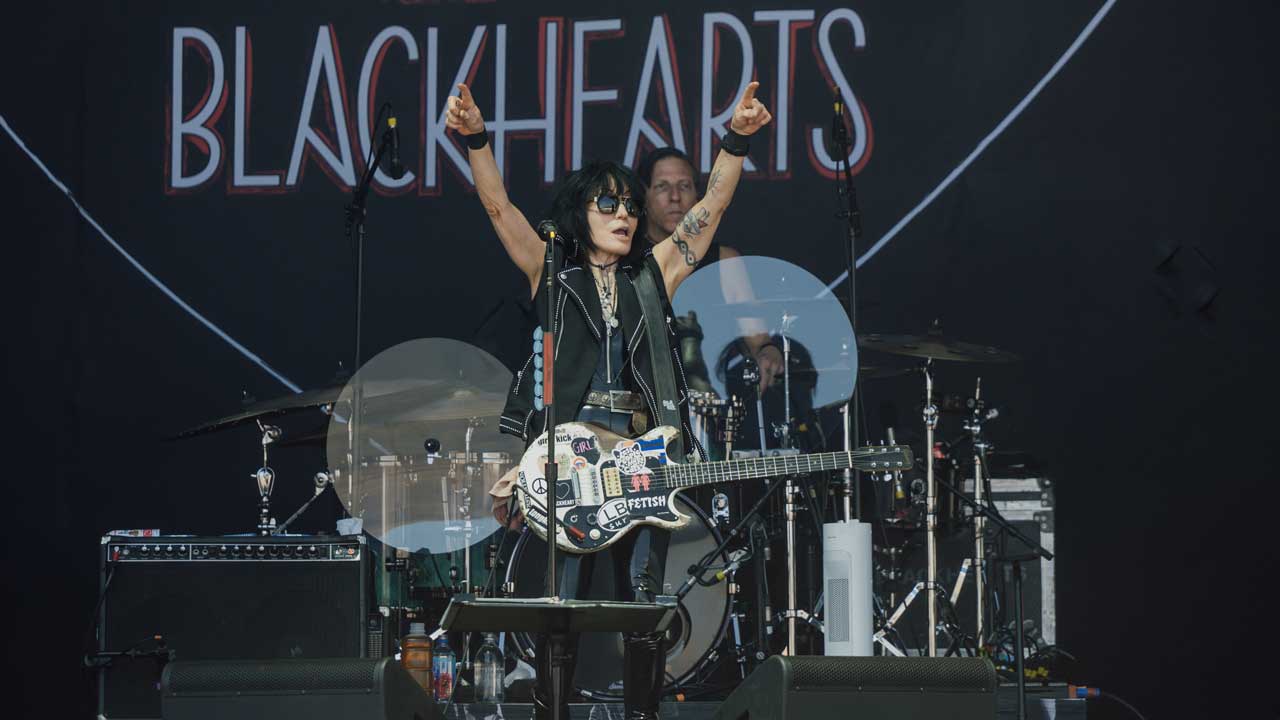Survival & Comebacks: Paul Rodgers
Rock royalty, soul survivor.

Your current solo album, The Royal Sessions, finds you covering soul classics. Is that a return to the sounds of your youth?
Yeah. When I started out, aged fourteen, I sang a lot of Stax in and around Middlesbrough. The big club for that music was called the Purple Onion, where I saw The Who for the first time, and Rod Stewart when he was in Steampacket. Soul music set me on the road to developing my vocal style. It sustained me through Free, Bad Company and beyond, so I guess I’ve come full circle now.
You’re about to tour with Bad Company again. How did the band originally hook up with manager Peter Grant?
I took a punt and called Peter when I heard he and Led Zeppelin were forming a new label [Swansong] and were on the lookout for people to sign. I was surprised the manager of the biggest band in the world would even speak to me!
How did Bad Co. differ to Free?
Zep paved the way with a new model for touring in America, which Bad Company benefited from – it was straight out of the hall, onto the tarmac and off in the private plane. Free never had that high-powered backing – our management worked on a wing and a prayer. I came out of Free wondering what we’d done wrong, which was basically everything Bad Company did right.
Did the Zeppelin connection lead to you forming The Firm with Jimmy Page?
Sign up below to get the latest from Classic Rock, plus exclusive special offers, direct to your inbox!
I was jaded after ten years with Bad Company and I wanted to come off the road. I started writing with Jimmy and he got back into playing guitar, which he’d kind of abandoned since Zep lost John [Bonham]. He got the bit between his teeth again and really wanted to go on the road, which was the last thing I wanted! We had a lot of fun, but agreed to do just two albums and two tours. We set ourselves a sell-by date – knowing when to stop is important.
On paper, your collaboration with Queen seemed like it was a bit of a wild card.
I’d never gigged at that level of spectacle before. It was awesome, I loved it! A piano rising up from the stage through dry ice doesn’t happen much in blues rock! You got an idea of how big a band Queen are from the show we did in Latvia when the Prime Minister got up for a jam.
Is it true you have reservations about the forthcoming Free box set of about eighteen discs, including previously unreleased stuff?
In 1968 we were too young to understand we were signing our rights away, and we still have no control over our catalogue. I’m not that enamoured with Universal Records’ plans. I don’t see the point of a massive compilation with twelve versions of All Right Now. It’s ridiculous, really.
Are there things you’d rather not release?
Well, think back to when you were applying for a job or writing a love letter, and you probably screwed up a few early drafts and threw them out before you got it right. What Universal are doing is rummaging through our wastebasket to salvage stuff we, as a band, discarded.
What’s helped you survive?
Dedication to what you’re doing. It’s what I heard when I first listened to John Lee Hooker and BB King in my teens. Do it from the heart or don’t do it at all.
Terry Staunton was a senior editor at NME for ten years before joined the founding editorial team of Uncut. Now freelance, specialising in music, film and television, his work has appeared in Classic Rock, The Times, Vox, Jack, Record Collector, Creem, The Village Voice, Hot Press, Sour Mash, Get Rhythm, Uncut DVD, When Saturday Comes, DVD World, Radio Times and on the website Music365.
